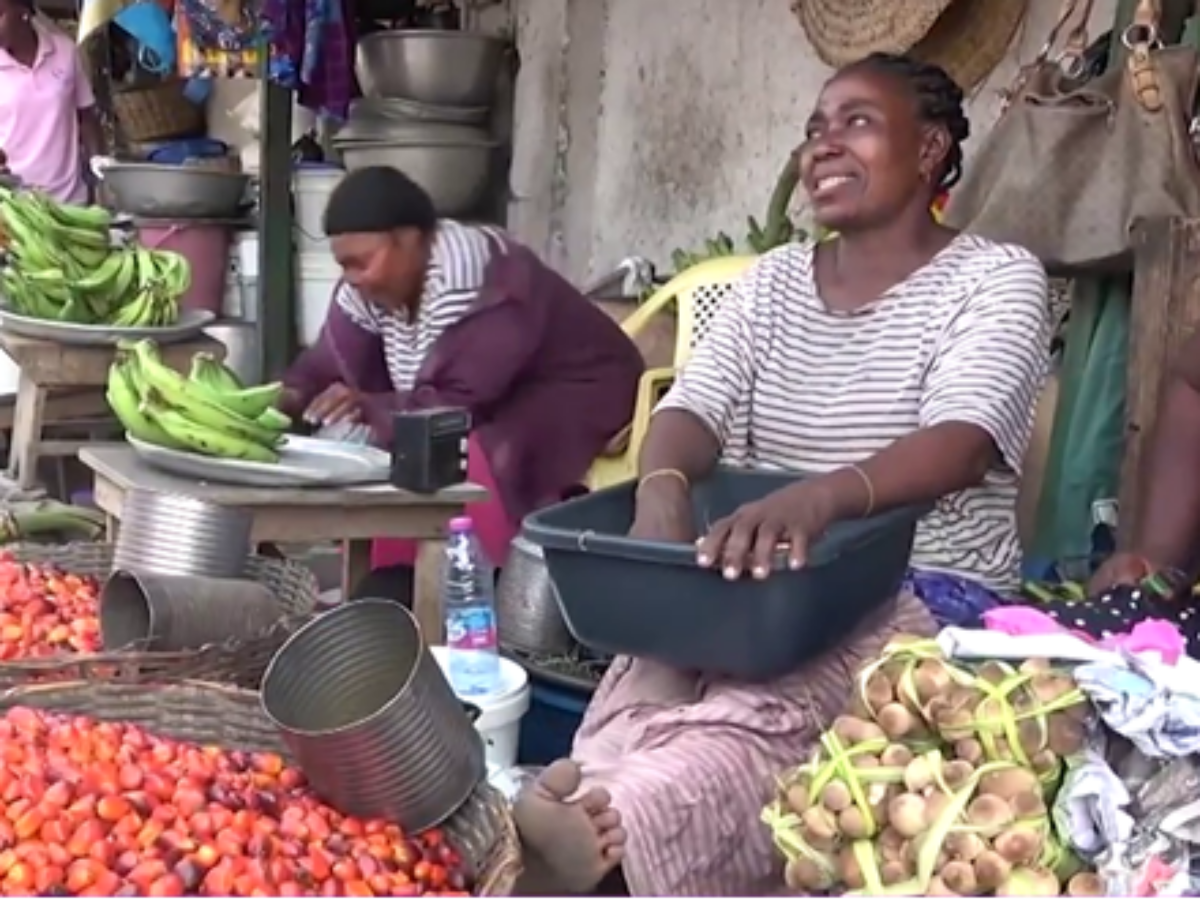
By: Daniel Kwabena Asare
Some residents of Abelemkpe have reacted negatively to the downturn in economic conditions.
According to them, the hike in prices of commodities has impacted negatively on economy. They further urged the government to lay down pragmatic measures that will help boost Ghana’s economy rather than seeking financial assistance from the World Bank and International Monetary Fund.
Agriculture is crucial to Ghana’s foreign exchange earnings and overall economic well-being. Through the Feed the Future initiative, USAID helps Ghana achieve self-reliance by enhancing agricultural productivity and profitability, strengthening competitive market systems, increasing access to finance, promoting resilience, optimizing economic inclusion, advancing leadership, and improving nutrition.
Ghana’s economy, described by the World Bank in 2019 as the world’s fastest-growing economy, has recently slowed down. Challenges include high levels of government debt, inflation, and energy costs, low agricultural productivity, and regional trade inefficiencies.
We breezed into town and engaged some residents of Abelemkpe on the ailing state of Ghana’s economy.

Emmanuel, who doubles as an accountant, touched on the hike in prices of goods and services in the country, which has exacerbated the cost of living. He further urged the government to work assiduously to lay down the right measures in place in order to boost the Ghanaian economy for the better.

His counterpart, Emmanuel Owiredu also shared a similar sentiment. “Since constitutional rule NDC and NPP are the two major parties that have ruled Ghana, and yet still the economy is still in shambles, high inflation rate, hike in fuel prices amongst others” he said.
He urged the government to sit up and make bold decisions that will boost the Economy and desist from going to foreign agencies such as the World Bank and the International Monetary Fund [IMF].


